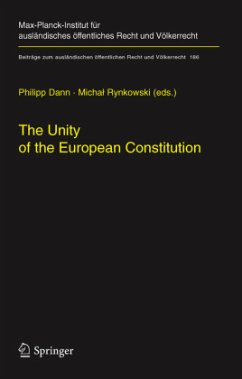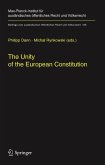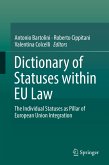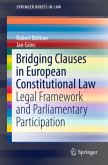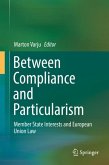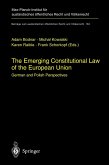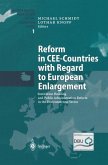This book collects the contributions to a conference of a group of young Polish and German public law scholars on the Constitutional Law of the European Union. The articles present a multi-faceted examination of unity and its realization in the primary and constitutional law of the EU, an analysis of EU constitutional structure in the face of diversity, and the independence of EU law from international common law, among other topics.
The book contains the contributions to a conference of young Polish and German public law scholars on the Constitutional Law of the European Union. The articles explore from different angles and in different fields the concept of the unity and its (limited) realization in the primary/constitutional law of the European Union. They analyze the coherence of the EU's constitutional structure in the face of diversity, and the EU law's independence from ordinary public international law. They also deal with "unity versus differentiation", i.e. the horizontal, cross-sectoral homogeneity of European constitutional law and, finally, examine the territorial and temporal aspects of unity. The topic is expedient for several reasons, and its contributors are promising, as they are nationals from two Member States, Poland and Germany, "new" and "old", who teach and research in four different European countries. The diversity of that group itself offers enriching perspectives on the given topic.
The book contains the contributions to a conference of young Polish and German public law scholars on the Constitutional Law of the European Union. The articles explore from different angles and in different fields the concept of the unity and its (limited) realization in the primary/constitutional law of the European Union. They analyze the coherence of the EU's constitutional structure in the face of diversity, and the EU law's independence from ordinary public international law. They also deal with "unity versus differentiation", i.e. the horizontal, cross-sectoral homogeneity of European constitutional law and, finally, examine the territorial and temporal aspects of unity. The topic is expedient for several reasons, and its contributors are promising, as they are nationals from two Member States, Poland and Germany, "new" and "old", who teach and research in four different European countries. The diversity of that group itself offers enriching perspectives on the given topic.

